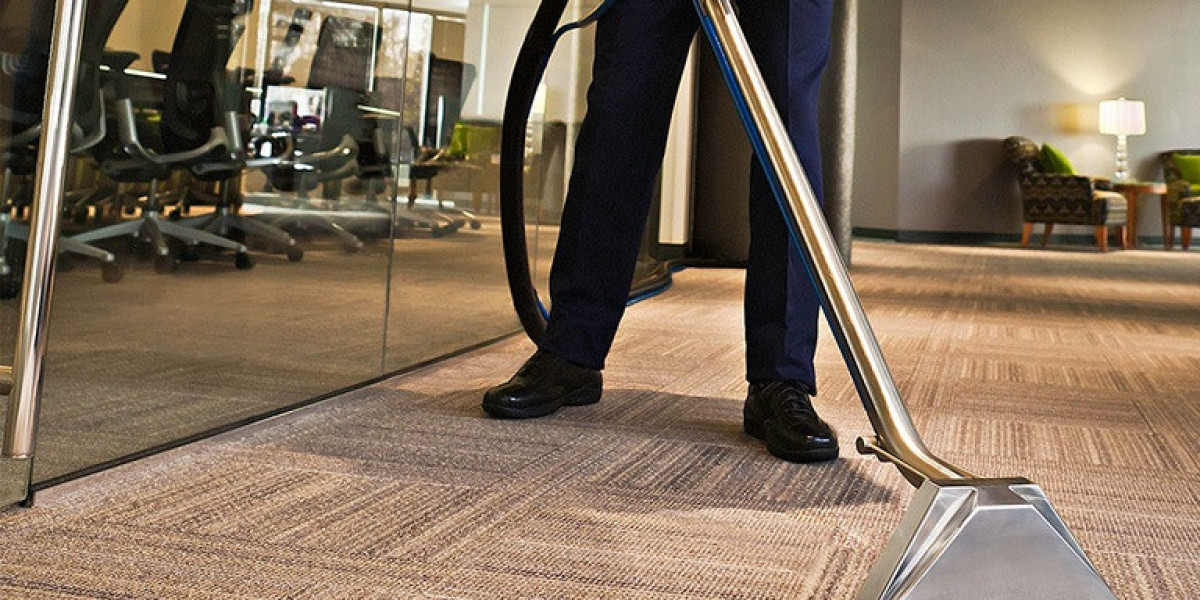The Integrated Cooker: A Comprehensive Guide to Modern Cooking Solutions
The development of kitchen appliances has actually transformed food preparation and cooking strategies, making meal preparation more effective and satisfying. Amongst these innovations, the integrated cooker stands apart as a flexible and space-saving addition to modern kitchens. This article looks into the different elements of integrated cookers, including types, advantages, functions, and a contrast with standard cooking approaches.
What is an Integrated Cooker?
An integrated cooker is a compact cooking appliance that combines numerous cooking functions into one unit. Often built into kitchen cabinets, these cookers are designed to save space while enhancing kitchen aesthetic appeals. They normally incorporate a range of performances, such as baking, grilling, steaming, and even pressure cooking.
Key Features of Integrated Cookers
- Multi-Functionality: Integrated cookers can perform numerous cooking jobs, getting rid of the need for numerous appliances.
- Space-Saving Design: These cookers fit perfectly into kitchen units, making them ideal for modern-day homes with minimal area.
- Advanced Technology: Many integrated cookers come geared up with smart innovation, such as programmable settings, touch-screen controls, and connectivity options.
- Energy Efficiency: Built with modern-day materials and style, they frequently consume less energy compared to traditional cooking methods.
Types of Integrated Cookers
The marketplace uses various kinds of integrated cookers, each with its unique set of features and functionalities. Here are the most typical types:
| Type | Description | Example Use |
|---|---|---|
| Built-in Ovens | Ovens that are suited wall units or cabinetry | Baking bread, roasting meats |
| Induction Hobs | Cooktops that utilize electromagnetic energy to heat pots and pans | Quickly boiling water, sautéing |
| Steam Ovens | Appliances that prepare food using steam for healthier outcomes | Steaming veggies, fish |
| Microwave Ovens | Integrated microwaves for quick heating and cooking | Reheating leftovers, making popcorn |
| Combination Ovens | A mix of conventional and steam cooking technologies | Baking while guaranteeing wetness retention |
Advantages of Using Integrated Cookers
Integrated cookers offer a host of benefits over conventional cooking tools. Below are a few of the key benefits:
- Space Efficiency: Ideal for compact kitchens, integrated cookers make use of vertical areas efficiently.
- Structured Cooking Process: With numerous functions offered, users can shift from one cooking technique to another with very little effort.
- Enhanced Aesthetics: Many integrated cookers can be found in streamlined styles that blend well with modern-day kitchen decoration.
- Improved Cooking Control: Programmable functions permit precise cooking, ensuring better meal results.
Integrated Cookers vs. Traditional Cooking Appliances
When thinking about meal preparation options, it is important to weigh the benefits of integrated cookers against standard cooking appliances. Below is a comparison chart:
| Feature | Integrated Intergrated cooker (175.178.51.79) | Conventional Appliances |
|---|---|---|
| Area Efficiency | High | Lower |
| Multi-Functionality | Yes | No (needs several appliances) |
| Energy Consumption | Frequently lower | Can be higher |
| Cooking Speed | Faster (specifically with induction) | Varies |
| Style | Modern and streamlined | Varies widely |
The integrated cooker is a forward-thinking home appliance that meets the demands of today's hectic way of life. Its multiplicity of functions, space-saving design, and smooth looks make it a rewarding investment for any modern kitchen.
For those seeking to conserve time, area, and effort in meal preparation, integrated cookers provide an exceptional solution that improves the cooking experience while providing delicious, well-prepared meals.
Frequently Asked Questions (FAQs)
1. What is the average price of an integrated cooker?
The price of integrated cookers can differ extensively, generally ranging from ₤ 500 to ₤ 3,000 depending upon features, brand, and size.
2. How much maintenance do integrated cookers require?
Maintenance typically consists of routine cleaning of surface areas and looking for any software updates if they include wise innovation. It's suggested to follow the maker's standards.
3. Can I replace my existing oven with an integrated cooker?
Yes, integrated cookers can frequently replace conventional ovens, but it is important to talk to a professional to ensure compatibility with your kitchen design.
4. Are integrated cookers hard to set up?
Installation can be simple for those with DIY experience. Nevertheless, working with a qualified professional is recommended to guarantee proper setup.

5. Who benefits most from utilizing an integrated cooker?
Households, time-pressed people, and those residing in compact houses particularly benefit from the multi-functionality and space-saving style of integrated cookers.
In this age of benefit and performance, integrated cookers are redefining how we approach cooking. Whether you are an experienced chef or a cooking newbie, integrating this powerful device into your kitchen can considerably boost your culinary experience.








